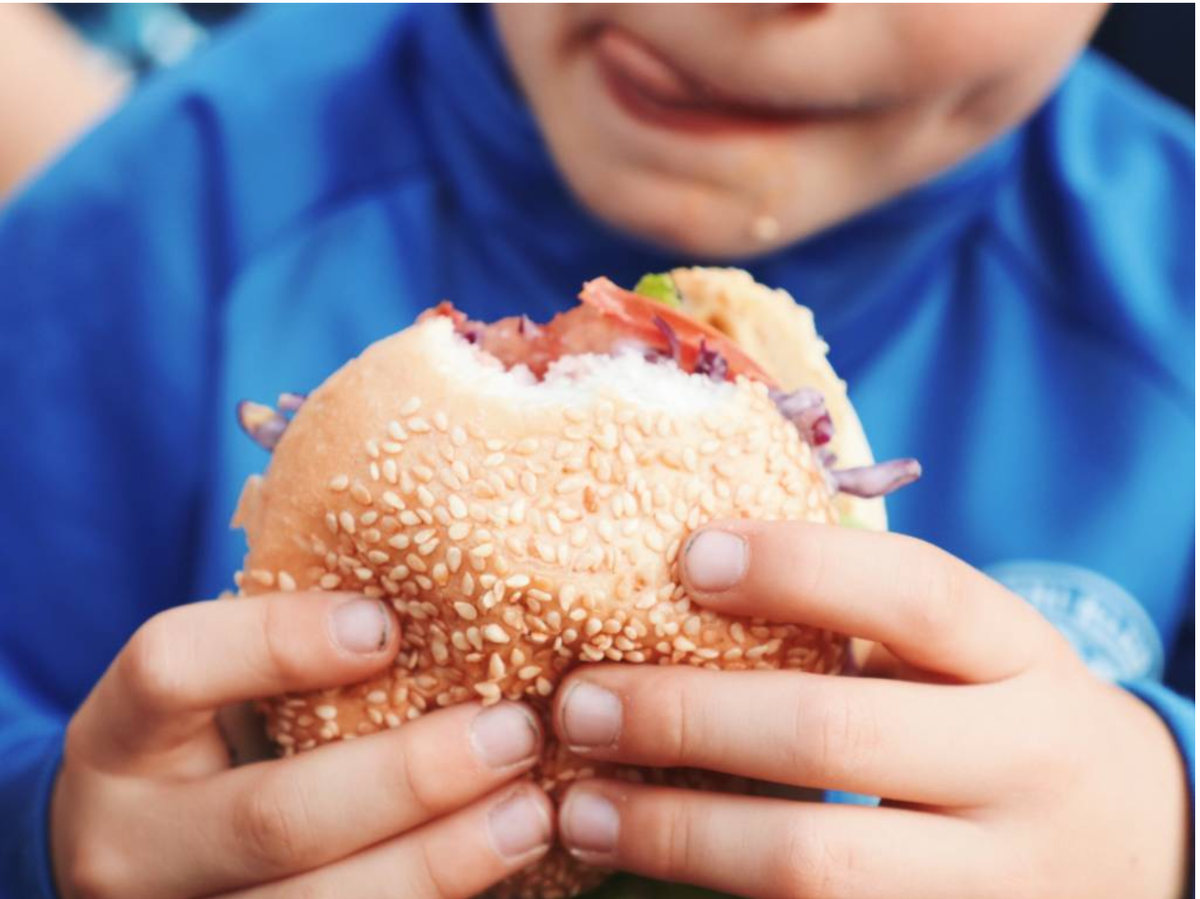Parenting Page:

If You Think Your Kids Are Eating Mostly Junk Food, A New Study Finds You're Right
I share this article as Food and Nutrition was identified by 39% of our Year 1 to 3 survey respondents as an area that needs increased focus.
This article comes from the USA, but the general principles shared are still very similar for us and therefore applicable.
Researchers found that 67% of calories consumed by children and adolescents in the U.S. came from ultra-processed foods in 2018. The nationwide study analyzed the diets of 33,795 children and adolescents. (Drazen Stader / EyeEm). Kids and teens in the U.S. get the majority of their calories from ultra-processed foods like frozen pizza, microwavable meals, chips and cookies, a new study has found.
The research noted the "overall poorer nutrient profile" of the ultra-processed foods.
"This is particularly worrisome for children and adolescents because they are at a critical life stage to form dietary habits that can persist into adulthood," says Fang Fang Zhang, the study's senior author and a nutrition and cancer epidemiologist at Tuft University's Friedman School of Nutrition Science and policy. "A diet high in ultra-processed foods may negatively influence children's dietary quality and contribute to adverse health outcomes in the long term."
One reason for the increase may be the convenience of ultra-processed foods, Zhang says. Industrial processing, such as changing the physical structure and chemical composition of foods, not only gives them a longer shelf life but also a more appetizing taste. "Things like sugar, corn syrup, some hemp oil and other ingredients that we usually don't usually use in our kitchen, that are extracted from foods and synthesized in the laboratory, those are being added in the final product of ultra-processed foods," Zhang said. "A purpose of doing this is to make them highly palatable. So kids will like those foods that somehow make it hard to resist."
During the same two-decade period when the study data was collected, the consumption of unprocessed or minimally processed foods decreased to 23.5%, the study found.
The greatest increase in calories came from ready-to-eat or ready-to-heat meals such as pizza, sandwiches and hamburgers, rising to 11.2% of calories from 2.2%. Packaged sweet snacks and treats such as cakes and ice cream were a runner-up, which made up 12.9% of calorie consumption in 2018.
The study found that the education levels of parents or family income didn't affect consumption of ultra-processed foods, suggesting that these types of foods are common in many households.
Zhang would encourage parents and children to consider "replacing ultra-processed foods with minimally and unprocessed foods.
Zhang also encourages legislative intervention - for example a "sugar tax - which has been talked about in New Zealand. Raises taxes on "sugar drinks" would help. Our Heart Foundation for many years used a Heart Tick to help us know which products supported heart health. This has gone sadly, so it is up to all of us to read the labels and make wise choices wherever we can.

